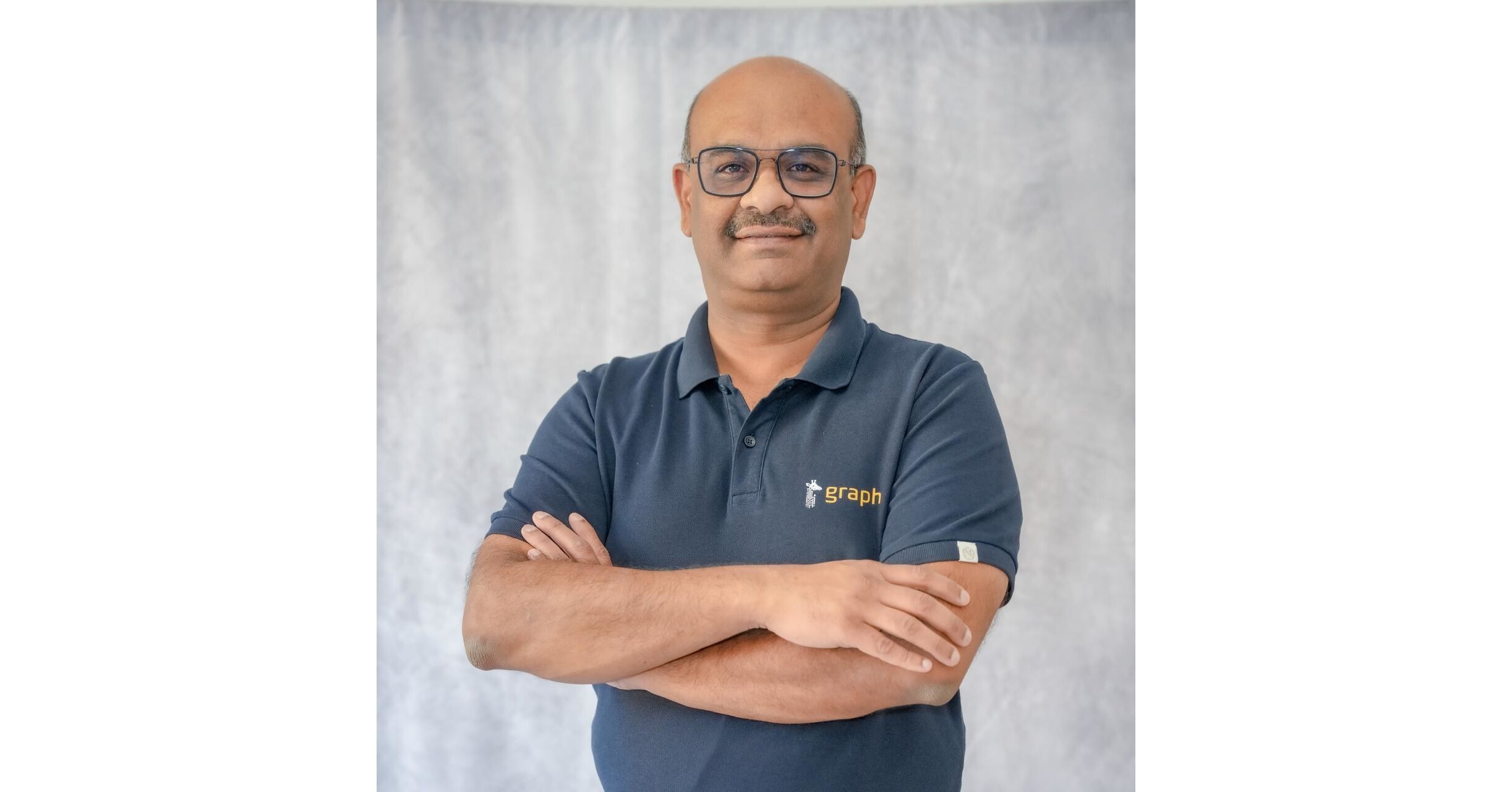Practice makes perfect, and Tina Powers makes sure that students in the Augusta University/University of Georgia Medical Partnership see “patients” before they actually see patients.
As coordinator of the partnership’s Standardized Patient Program, she leads the approximately 70 staff members (Standardized Patients or SPs) who act as patients so that medical students can practice diagnosing people they see and hone their bedside manner.
“The faculty appreciate our SPs, and I know the students do,” Powers said. “They give students the chance to ask about the medical history they need, think about a diagnosis, use their physical exam skills and practice their communication skills.”
SPs are given a script, and they act it out for students during an “appointment.” The hypothetical condition could be anything from abdominal pain to chest pain. The scripts vary with each SP encounter and could also be follow-up appointments with scenarios such as delivering serious news, telehealth visits, patient emotions, errors and apologies, and motivational interviewing.
Faculty view each SP encounter live and grade students on what they see. SPs also complete a checklist after their visit that includes items like whether the student introduced themselves, used the patient’s name more than once and maintained good eye contact. SPs may also leave comments to help the students improve.
The Standardized Patient Program began in 2010 as a volunteer program and became a paid program in 2019. The SPs are trained and paid an hourly rate for their time. The more experienced SPs receive specialized training and are used for the students’ Objective Structured Clinical Examinations (OSCEs). First-year students go through six stations for an OSCE, and second-year students go through nine. Specially-trained SPs also help with similar exams for third- and fourth-year students. Many SPs are retired nurses and are used in that role during “sessions.”
“They know they’re helping future doctors,” Powers said. “This is how they’re going to learn to be good at it.”
Powers is the first point of contact for SPs and acts as their supervisor, of sorts. She handles the logistics of scheduling of all the SP trainings and encounters. She also handles the payroll and recruits and interviews new SPs. She plans town hall meetings twice each year for them and assigns SP Buddies so that experienced SPs can mentor newer SPs. Additionally, she proctors exams and schedules simulations.
Powers has worked with the Medical Partnership for 16 years. She began working with basic science faculty and then took a position working on the clinical side four years later. She’s been in her current role since 2019. Prior to that, she worked for the North Broward Hospital District in Fort Lauderdale, Florida, in the design and construction office. She’s also held administrative positions for a sheriff’s office, a Superior Court judge and a public works department.
“I love working with people, and I love working with our SPs,” she said.
SPs are expanding beyond the medical school field, Powers noted. The College of Pharmacy, College of Veterinary Medicine, the School of Social Work and the School of Law have adopted or are looking into similar programs.
Outside of work, Powers is very involved in her church. She also loves to bake sourdough bread, work in her flower garden and make organic soaps in a variety of scents. She looks forward to spending more time with her family, especially her grandchildren.
“I want to support others by providing valuable and helpful service,” she said. “And I want to be joyful while doing that.”





